SAFETY THAT
LASTS, JUSTICE
THAT HEALS.
We’ve helped pass more than 60 bills to end the overuse of incarceration in California. Our work builds safety that lasts and justice that heals.
OUR INITIATIVES
Our policy solutions, organizing, partnerships and power building are led by communities most harmed by crime and violence.

Crime Survivors Speak
With 6 chapters in California, we are part of the nation’s largest victims’ organization working to expand access to safety to everyone.

TimeDone
Our community of more than 5,500 people in California with old records works to end the collateral consequences of incarceration.


Record Expungement
We’re helping people expunge their record under SB 731, the most expansive post-conviction expungement law in the nation’s history.

Shared Safety
The Blueprint for Shared Safety helps local systems officials grow new safety solutions rooted in community health and well-being.


Trauma Recovery Centers (TRCs)
Started in California, TRCs provide accessible, community-based services to victims of violence.

JOIN US
Help us advance smart justice strategies that increase public safety and reduce justice system costs.
RESOURCES
Our expert research, analysis and public opinion polling help state and local governments make policy decisions that support safe and strong communities.
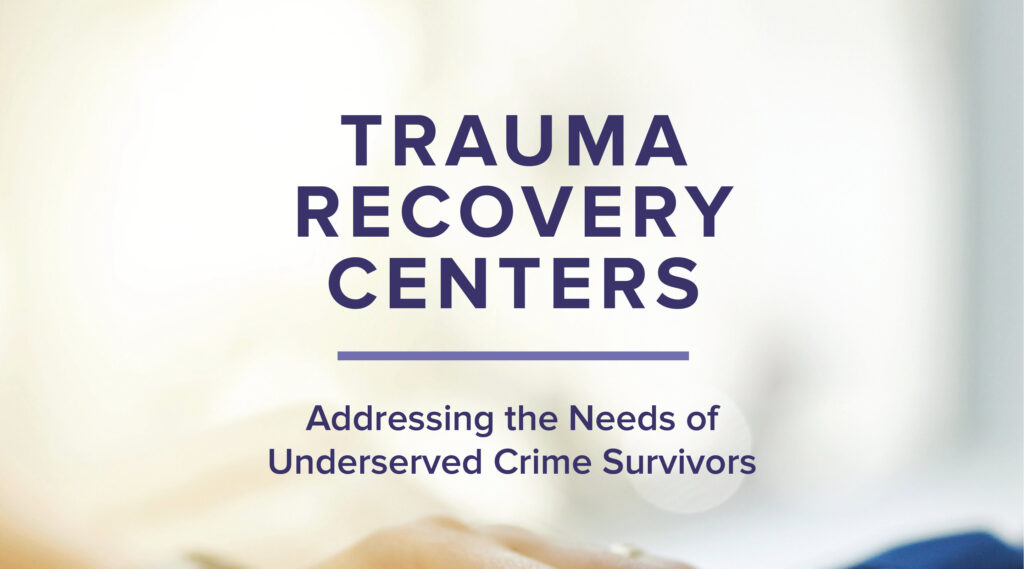
This report highlights how the Trauma Recovery Center model has demonstrated a unique capacity to reach underserved crime survivors in California.
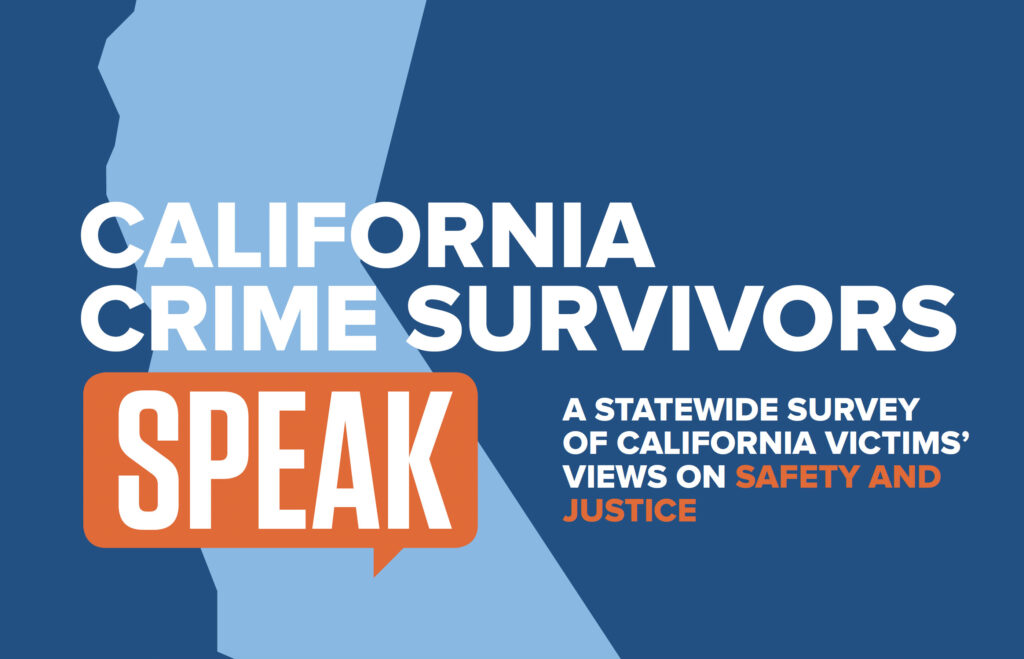
This survey highlights the myriad ways in which crime survivors are impacted by crime, what they need from the criminal justice system to recover and heal, and how state policy can better align with survivors’ safety priorities.
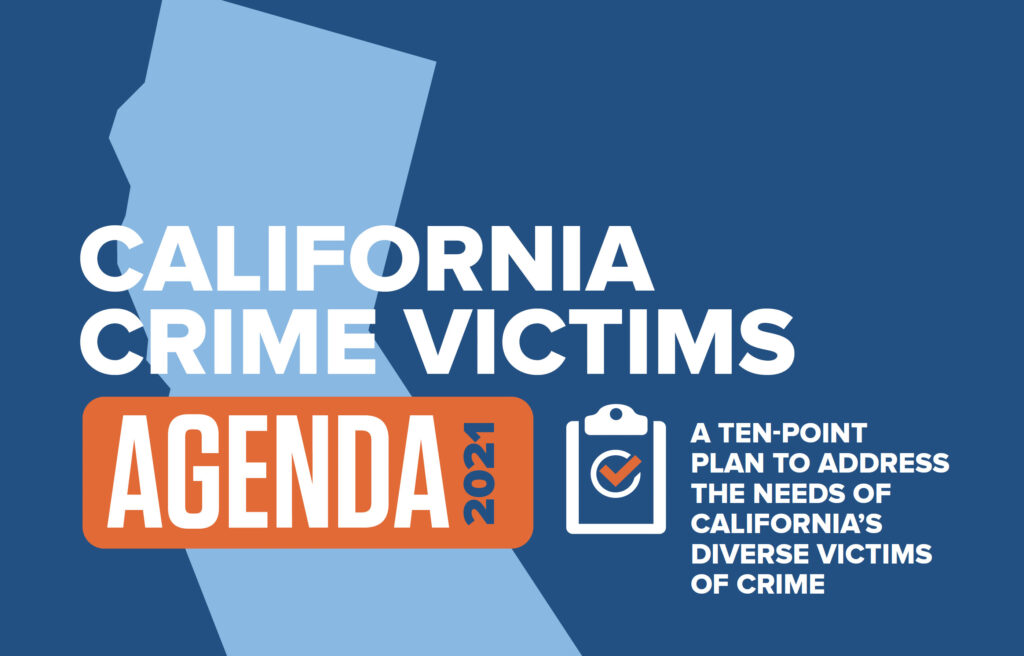
The California Victims Agenda outlines the top priorities of California crime survivors to better meet our urgent and unmet recovery and protection needs.
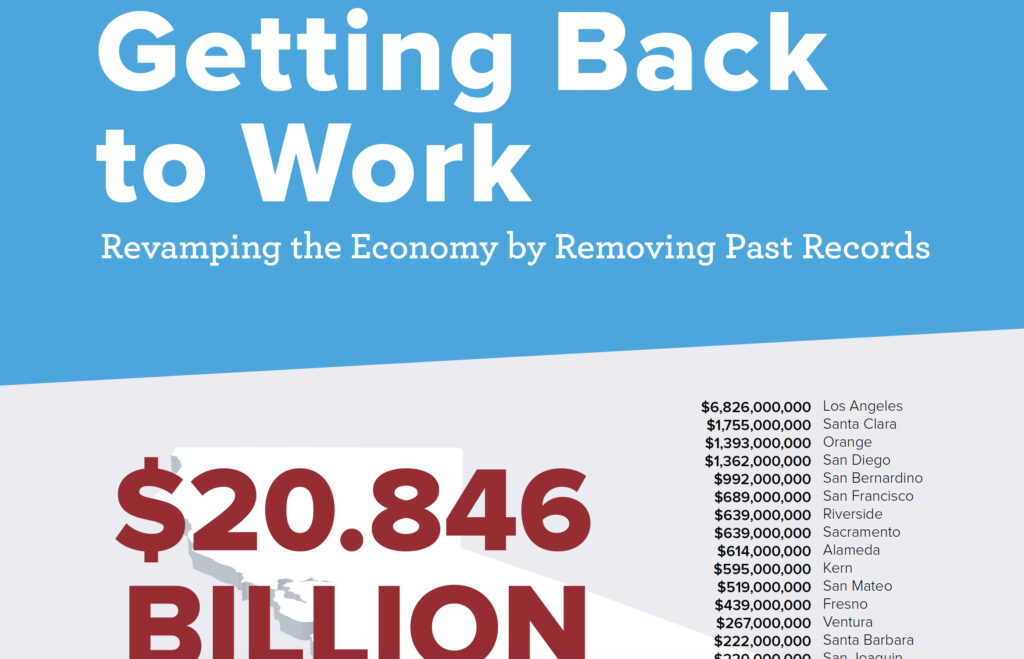
The estimates in this report show that at a minimum, California loses $20 billion from the state economy as a result of policies that disenfranchise potential workers with past conviction records.
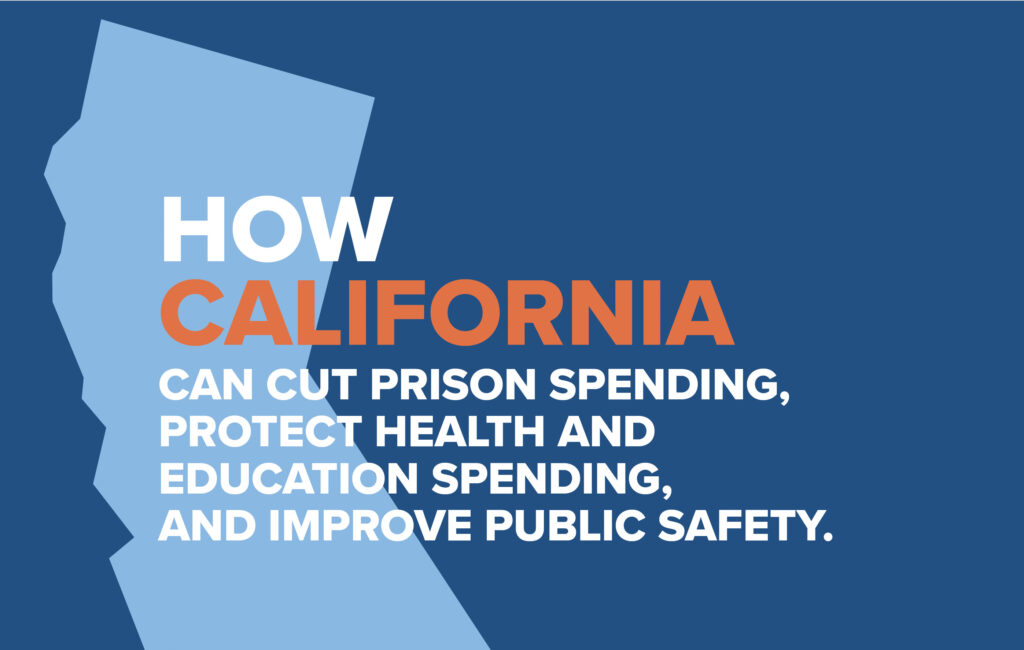
This report reviews how California can reduce its prison budget, and help protect funding for local public safety programs, schools, health care and health services.
RECENT NEWS COVERAGE
See the most recent news coverage featuring Californians for Safety and Justice! If you are a reporter on deadline and would like to speak to a CSJ expert, please reach out to [email protected]

05.19.2025 – The 4th Annual Bay Area Student Barber Expo and Shared Safety Expungement Clinic at The Bridgeyard in Oakland gave people a chance to showcase barbering skills and work towards expunging old criminal records.

08.29.2025 – Hollins points out that the rehabilitation aspect, the most innovative and arguably important aspect of California’s approach to crime, is getting lost in the current political climate.
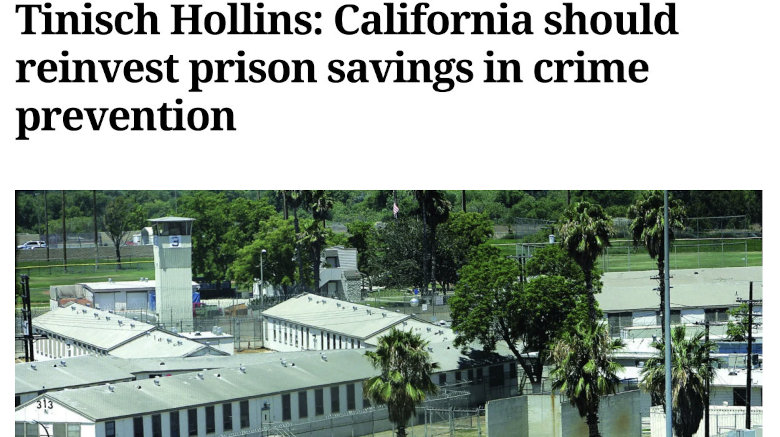
08.24.2025 – Too frequently, crime survivors fall through the cracks when it comes to linking them up with trauma recovery services and other forms of assistance aimed at ensuring they can heal.
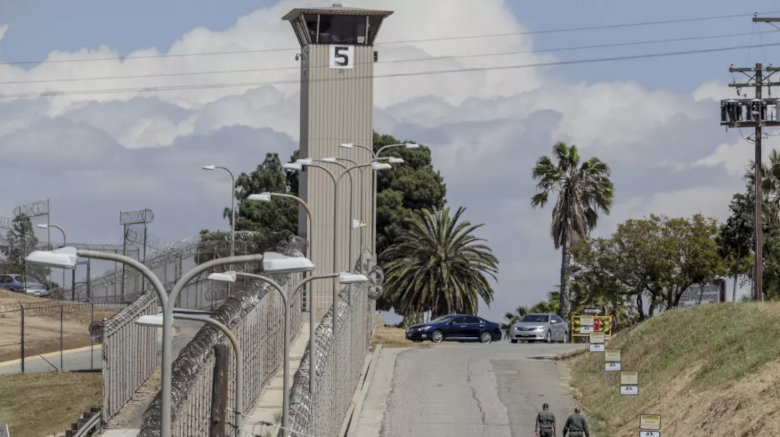
08.05.2025 – “If you look at how crime has dropped in the last decade, it’s been an effort to balance criminal justice with programs that reduce crime and help prevent harm.”

07.01.2025 – Tinisch Hollins, executive director of Californians for Safety and Justice, criticized California’s Prop 36 in a recent interview, calling it a “solution to a problem that didn’t exist.”
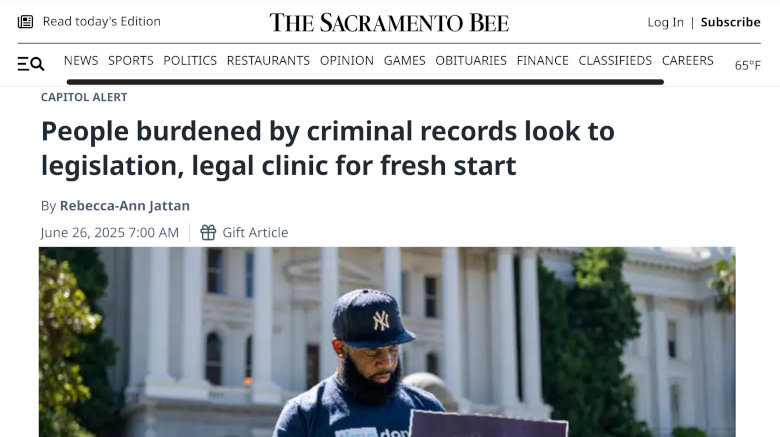
06.26.2025 – Hundreds gathered at the Capitol to celebrate the TimeDone Advocacy Day and participate in an expungement clinic put together by TimeDone and Californians for Safety and Justice.
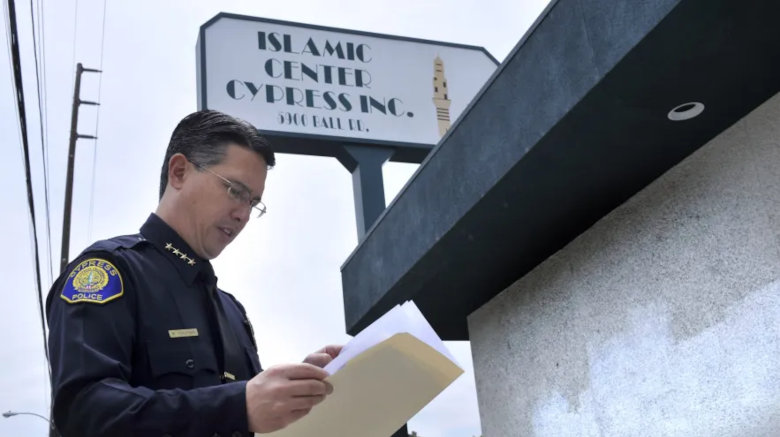
04.25.2025 – Cutting funding for organizations that serve survivors of violent crime and their families will not improve public safety. We all deserve to feel safe.
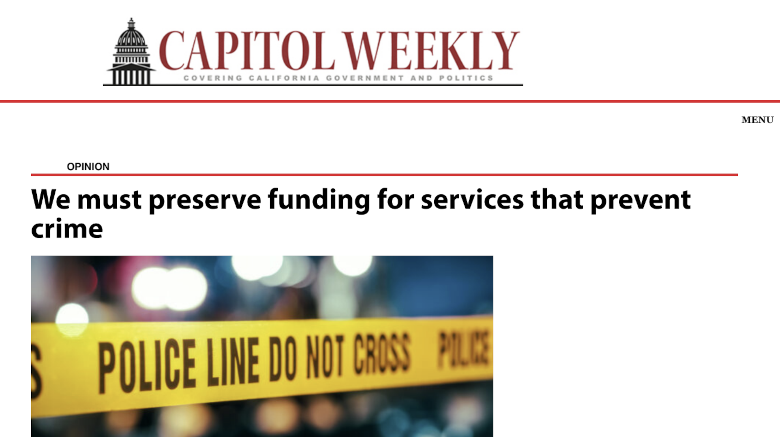
04.21.2025 – The best way to achieve [safety] is to preserve funding for the services that are preventing crime, treating substance use disorders, providing housing, and helping victims of violence heal.

04.18.2025 – There’s still plenty of support for different approaches to public safety that really address the root cause and prevent crime from happening in the first place.

01.25.2025 – Californians for Safety and Justice Executive Director Tinisch Hollins has spent over two decades helping victims of violence.
Press Releases
Read our most recent press releases and statements from Californians for Safety and Justice, featuring information about our policy work, events, research and more. If you are a reporter on deadline and would like to speak to a CSJ expert, please reach out to [email protected]
Californians Deserve a Shared Safety Approach to Reduce and Prevent Crime
08.28.2025 – California’s decrease in crime can also be attributed to historic investments in community-based prevention and violence intervention programs that increase community safety and stability.
MERCURY NEWS: Prop 36 Fails to Deliver on Promise to Voters
08.26.2025 – Recent DOJ data on statewide crime statistics for 2024 showed that property and larceny theft rates fell to the lowest levels in recorded history, prior to Proposition 36 becoming law in January of 2025.
CDCR Announces Closure of Riverside County Prison by Fall 2026
08.05.2025 – We commend both Gov. Gavin Newsom and CDCR for their historic and continued commitment to moving California away from overspending on a system that doesn’t deliver on safety.
California expunged nearly one million old conviction records in 2024, DOJ data shows
07.08.2025 – Historic recent laws give more than eight million Californians opportunity to fully move forward in their lives.
DOJ: 2024 Property Crime Dropped to All-Time Low, Eviscerating Rationale for Prop 36
07.01.2025 – A temporary spike in property crime during the pandemic was weaponized to push a carceral agenda.
California Legislature’s Budget Proposal Includes Funding for Critical Employment Services Program for People Formerly Incarcerated
6.10.2025 – We commend the legislature for recognizing just how important the H.I.R.E. program is and we urge the governor to ensure its funding remains in the final 2025-2026 fiscal year budget.
Gov. Newsom’s Revised Budget Proposal Cuts Funding for Crime Prevention and Victims’ Services, Fails to Provide Access to Healing
05.14.2025 – The revised budget proposal issued by the governor today represents an abandonment of more than a decade’s worth of work to begin to build the crime and harm prevention infrastructure California has needed for generations.
Californians for Safety and Justice Says Termination of Federal Crime Prevention and Victim Services Grants Will Imperil Public Safety
04.24.2025 – The funding cuts from the Justice Department fly in the face of the essential function of our government, which is to protect victims of crime and promote public safety.

